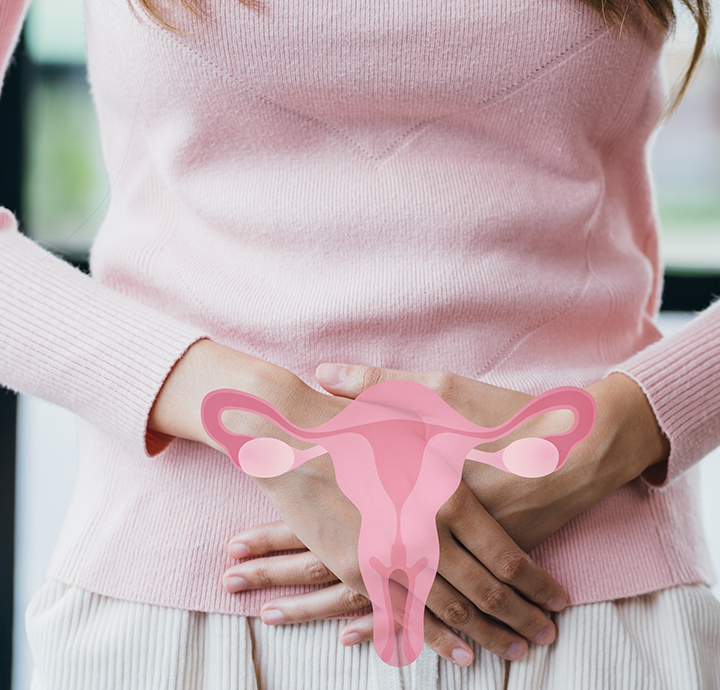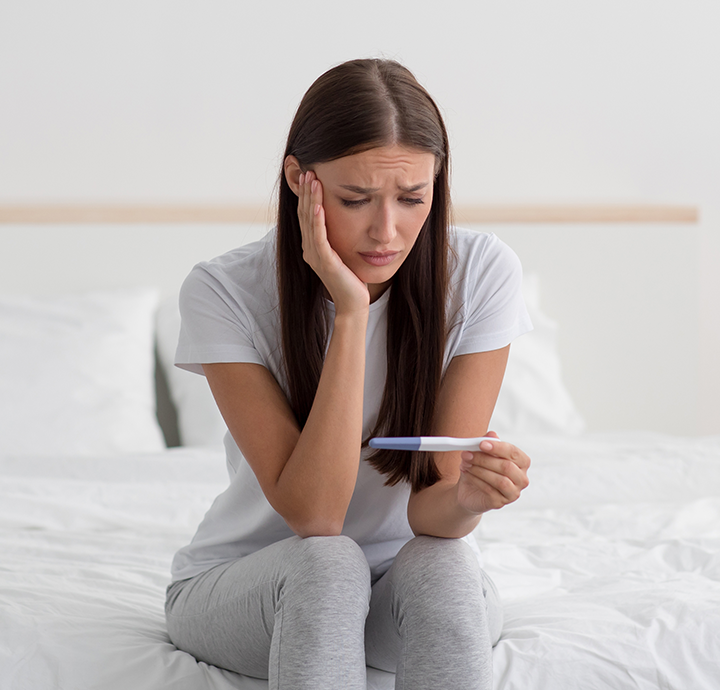
One of the prominent factors causing infertility is the age factor. Especially as we get older, the dynamics of couples' processes of having a child and getting pregnant may change.
Some genetic syndromes, such as achondroplasia, neurofibromatosis, Marfan syndrome, and osteogenesis imperfecta, may increase the effects on a history of infertility. In addition, the age factor in men is also an issue that should not be ignored. Especially after the age of 40, the quality and quantity of sperm in people may decrease, which can have a negative impact on the couple's chances of pregnancy.
The woman's age is another important determining factor regarding infertility. Especially older women and couples who want to have a baby may face certain difficulties. With the developing medical facilities today, it is possible to become pregnant at the age of 40 and beyond. However, in the past, it was known as a difficult situation to achieve, especially after the age of 35.
All couples who want to have children but are unable to do so and who meet certain conditions can benefit from in vitro fertilization treatments. However, the age factor is a parameter that affects the success rate of these treatments. After the age of 35, the number of eggs and ovarian reserve of women may decrease, which affects the chance of pregnancy.
Reproductive health is the cornerstone of couples in society establishing a happy and healthy family. However, some situations and factors may prevent people from having children as they wish. The items listed below are the most common:
Age
genetic factors
hormonal problems
Uterine and ovarian problems
infections
endometriosis
Obesity
Advanced age has a significant impact on infertility. Especially as women get older, it can negatively affect the quality and number of eggs. In men, sperm quality may decrease with age. Today, approximately 20 out of every hundred couples encounter this problem.
Among women, the age factor has a decisive importance on the pregnancy process. As people get older, their natural reproductive capacity and chances of getting pregnant may decrease. For this reason, it is of great importance for couples who want to have children to evaluate all factors, act at the right time, and turn to alternative solutions if necessary.
A woman's ovarian reserve tends to decrease over time. The number of eggs available at birth decreases over time, which naturally affects the chances of becoming pregnant. Especially after the age of 35, a more significant decrease in ovarian reserve may be observed. Aging affects not only the number of eggs but also their quality. Older eggs may have an increased risk of genetic anomalies, which may bring about the possibility of miscarriage and some hereditary problems.
On the other hand, advanced age may cause irregularities in ovulation. Irregular ovulation can reduce the chances of getting pregnant or make pregnancy difficult. Additionally, the risk of pregnancy complications increases during this period. Especially after the age of 40, this probability increases even more.
Although infertility is often associated with women as a reproductive health issue, this is a deep-seated misconception among people. Research conducted in recent years reveals that the age of expectant fathers also has a significant impact on reproductive ability. The age factor in men is an issue that should be taken into consideration in terms of the reproductive capacity and health of couples.
As a man ages, it can negatively affect sperm quality and quantity. In older people, sperm count naturally decreases and morphological problems may occur. This may reduce fertilization capacity and the likelihood of impregnating one's partner. On the other hand, old age in men may also increase the risk of genetic anomalies in the child. Older prospective fathers are considered to be at greater risk of transmitting these problems to the next generation.
The age factor in men is also an important determinant in alternative fertility treatments. Especially in assisted reproductive techniques such as in vitro fertilization, the sperm quality and fertilization ability of older individuals are generally lower compared to younger couples. Nowadays, many people prefer to become fathers in their more mature years. However, it is important to take reproductive health into consideration when making this choice. Men who are considering becoming fathers at an older age should be more conscious in this area and take the necessary steps in consultation with healthcare professionals.
In vitro fertilization treatment is a promising option for couples experiencing sexual health problems. It can be considered a great chance, especially for people who want to have children at an older age. However, the likelihood of success varies depending on some factors. too late



Ovarian cysts are fluid-filled sacs or vesicles seen inside the ovary. Normally, during each menstrual period, a cyst called a follicle, which carries the egg cell and can reach 3 cm in size, forms in the ovaries. Then this cyst cracks and the egg is released. In young girls with ovulation problems, normal or physiological follicle cysts that cannot rupture can grow every month and reach 5-10 cm, while small numbers of 0.5-1 cm in size, which we call polycystic ovaries, can be seen in series. Apart from these functional cysts, benign or malignant ovarian cysts can also be seen in all age groups.
Except for the most common functional ovarian cysts, cysts can be benign or malignant tumoral cysts. In addition, as a result of infection, abscess-shaped cysts may occur, which is usually accompanied by pain and high fever.
Tedavi süreci çiftin durumuna ve seçilen tedavi yöntemine göre değişebilir. Tedavi süresi birkaç aydan birkaç yıla kadar farklılık gösterebilir.
Evet, sağlıklı beslenme, düzenli egzersiz yapma, stresten uzak durma, sigara ve alkol tüketiminden kaçınma gibi adımlar kısırlık riskini önemli ölçüde azaltabilir.
Kadınlarda 35 yaşından sonra kısırlık riski artar. Ancak erkeklerde yaşın kısırlık riski üzerindeki etkisi daha azdır.